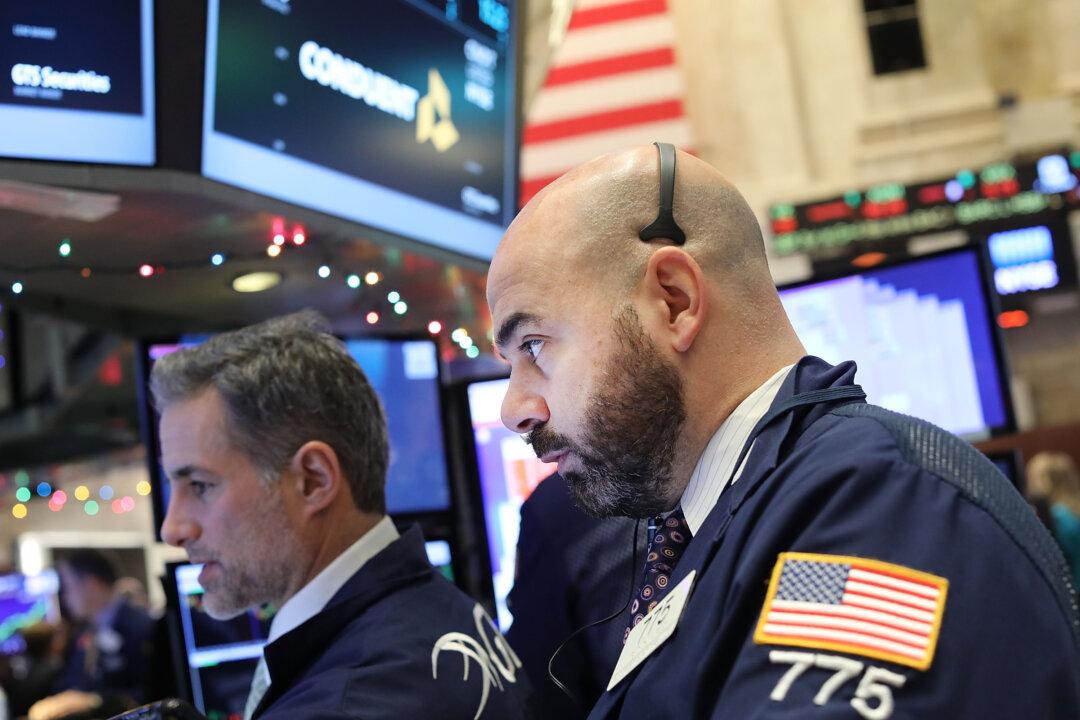Bank of America strategists are expecting an economic “hard landing” to pummel the markets at the end of the year, due to a resilient U.S. economy.
Economists are beginning to fear that a delayed recession in the second half of 2023 will be harsh on stocks, since the current state of the American economy is keeping interest rates higher for longer





